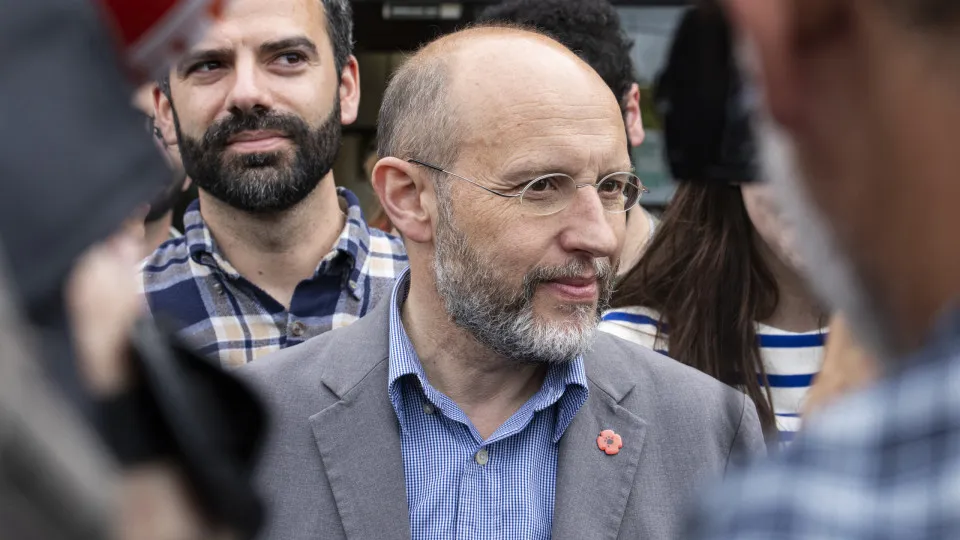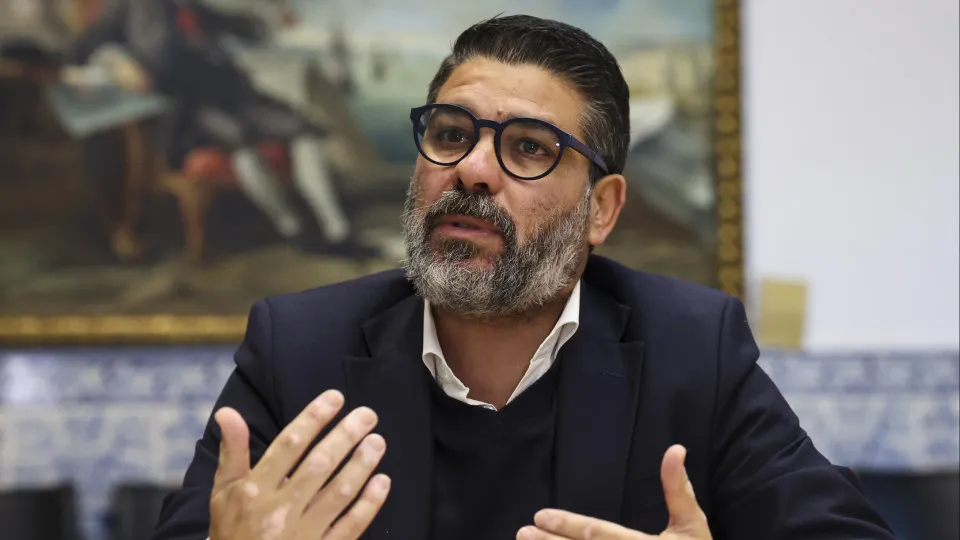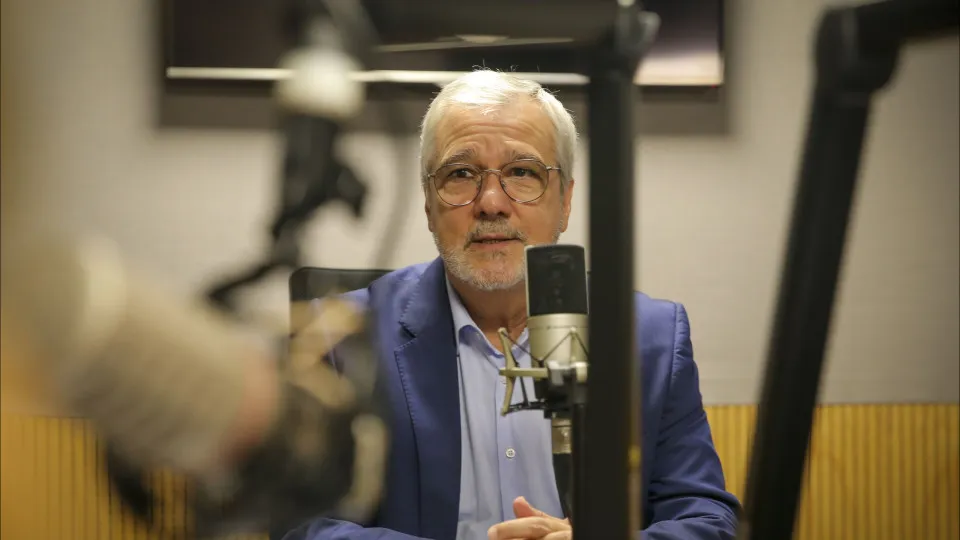
“We consider the results positive, albeit moderately positive. As you may recall, Livre aimed to either triple or quintuple its elected members. It’s on track for the first of these objectives, which is, evidently, at the lower boundary of what we intended to achieve,” stated Rui Tavares.
The Livre leader spoke at Teatro Thalia in Lisbon, the venue chosen by the party to follow the results of the municipal election night.
Tavares highlighted that Livre supported the successful candidacy of socialist Ana Abrunhosa for the Coimbra City Council, in a coalition with PS and PAN, and indicated that it is likely to secure a councilor seat for Clara Cruz Santos.
In Lisbon and Sintra, two major targets for the party, Tavares acknowledged that the aim to win was not achieved but applauded the candidates and noted Livre’s contribution, whether to prevent Carlos Moedas from being elected or to curb the growth of the far-right in Sintra’s local government.
Despite official results not yet reflecting a tripling of Livre’s elected officials at the time of his speech—totaling 24—Tavares anticipated the party would achieve this goal and establish “a network of free local officials.”
“And that is a very valuable asset for us,” he added.
The deputy remarked that the party’s objective of greater municipal implantation “is being fulfilled” and gave a positive assessment of the left-wing coalitions formed in these elections (out of 49 candidacies, Livre joined 25 coalitions).
Tavares emphasized that these municipal elections demonstrated that “convergence benefits everyone” and that its absence “hinders all.”
“Where the convergences were not sufficient to win, they could have been broader, and the political responsibility for not being able to win these councils for the progressive field lies largely with those who chose more individual and partisan tactics,” he criticized.
When asked whether this logic applied to Lisbon, after having criticized the CDU (coalition between PCP and the Ecologist Party “The Greens”) several times for not joining the supportive candidacy for socialist Alexandra Leitão, Tavares replied that “what helps Carlos Moedas remain in the Council, is a division on the left,” even though this political quadrant elects more councilors, and it “wasn’t for lack of warning” from his party.
Regarding Livre, Tavares spoke of a night of “some individual victories” and welcomed “a generation of new local officials” of the party, which aims to “expand leadership roles.”
“In the coming years, we very much want to train young leaders and local leaders,” he stated.
Tavares maintained the ambition to transform Livre into a “municipal party,” akin to forces within its European political family, distancing itself “from other left-wing party experiences that did not value as much, not only municipal implantation but also the issue of governance and the desire to govern.”
“Livre is not a party that wants to confine itself to protest or mere opposition. It wants to win councils, to govern, to give progressives and ecologists in Portugal a horizon of victory, and to mobilize people with winning candidacies,” he stated.
[Updated at 00h50]




